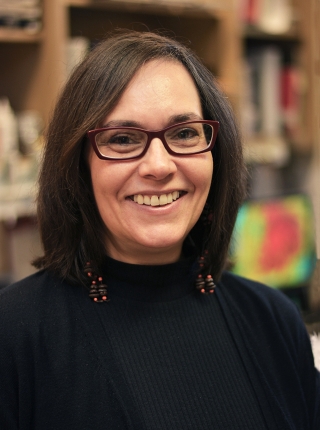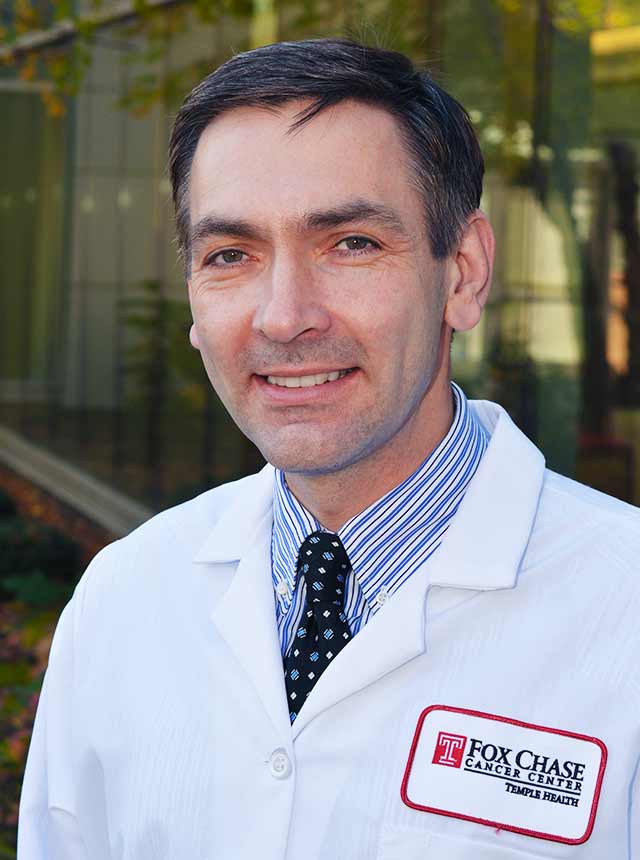
PHILADELPHIA (February 19, 2020) – Cancer-associated fibroblasts (CAFs) have emerged in recent years as an intriguing component of the tumor microenvironment—the normal cells, secreted molecules, blood vessels, and other components that surround and feed a tumor cell—and a potential target for cancer treatment. Now two researchers from Fox Chase Cancer Center have lent their expertise to the establishment of a consensus statement designed to better describe the biology and functions of CAFs.
“One of the biggest needs for this consensus statement was that even those researchers who work in the field had not clearly defined what CAFs are. We want everyone in the field to look at a common definition and understand how dynamic these cells are,” said Edna Cukierman, PhD, associate professor in the Cancer Biology program.
“Within tumors there is an ‘ecosystem’ of noncancerous cells that participate in cancer development and progression by changing the balance of the microenvironment to create an ideal ecosystem for cancer to develop and grow,” said Cukierman, who is also a co-leader of the Marvin and Concetta Greenberg Pancreatic Cancer Institute at Fox Chase. “There are many types of cells in this ‘ecosystem.’ CAFs—possibly developed from more than one parental cell source—are one type, in addition to immune cells, blood vessels, and others.”
Both Cukierman and Igor Astsaturov, MD, PhD, associate professor in the Department of Hematology/Oncology, and also a co-leader of the Pancreatic Cancer Institute, were among a group of almost 30 experts convened to discuss the current understanding of CAFs.
A draft consensus statement based on discussion at the meeting was written by Erik Sahai, PhD, of The Francis Crick Institute in London and was circulated to all participants for refinement. The statement, “A Framework For Advancing Our Understanding of Cancer-Associated Fibroblasts,” underwent peer review and was published recently in Nature Reviews Cancer.

Fibroblastic cells are very dynamic, Cukierman said. As soon as they are isolated from a human organ, where and how these are stored and cultured will affect their function.
“I could reach a conclusion that CAFs are very avid, scar-forming cells, while another person may say they are instead inflammatory cells that do not make a lot of scar tissue and collagen,” Cukierman said. “It is very possible that we are working with the same types of cells and that we are just culturing these differently.”
The same is true for CAFs in the human body. If located very near the tumor, CAFs could be suffering from lack of oxygen. If adjacent to a vessel further from the tumor, these cells could be very well nurtured.
“Because these are specialized cells that effectively react to changes in their ‘ecosystem,’ their niche could dictate their local function,” Cukierman said. “If I don’t convey to others exactly how I cultured them, no one will be able to assertively reproduce experiments conducted in my lab.”
Adoption of a simple naming convention based on CAFs’ origin and function, as well as better reporting of CAF metadata in experimental studies, such as original tumor or culture conditions, could help advance this field of research.
“CAFs are less well known, but not less important than immune cells, for example,” Cukierman said. “Better knowledge of CAFs can help us to target them and stall cancer.”